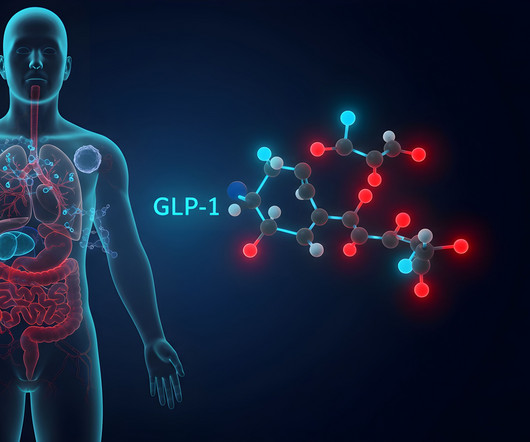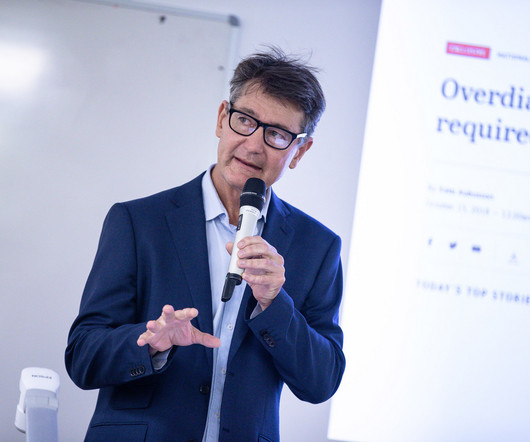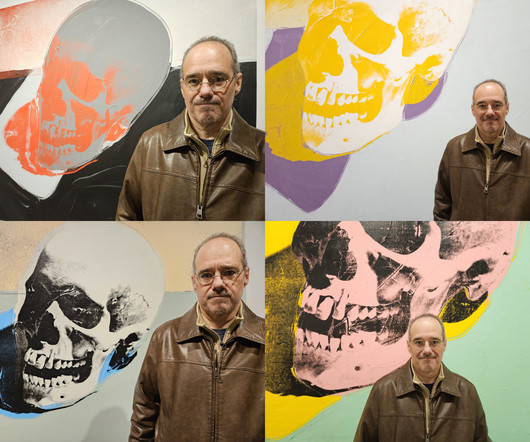The Psychiatric Pipeline in Review: Quarter 2, 2025
Psychiatric Times
JULY 7, 2025
The top 4 disease states this quarter were schizophrenia (41.7%), major depressive disorder (25%), and treatment-resistant depression (16.7%), and suicidal depression (16.7%). MM120 ODT is a proprietary, pharmaceutically optimized form of lysergic acid diethylamide (LSD).












Let's personalize your content